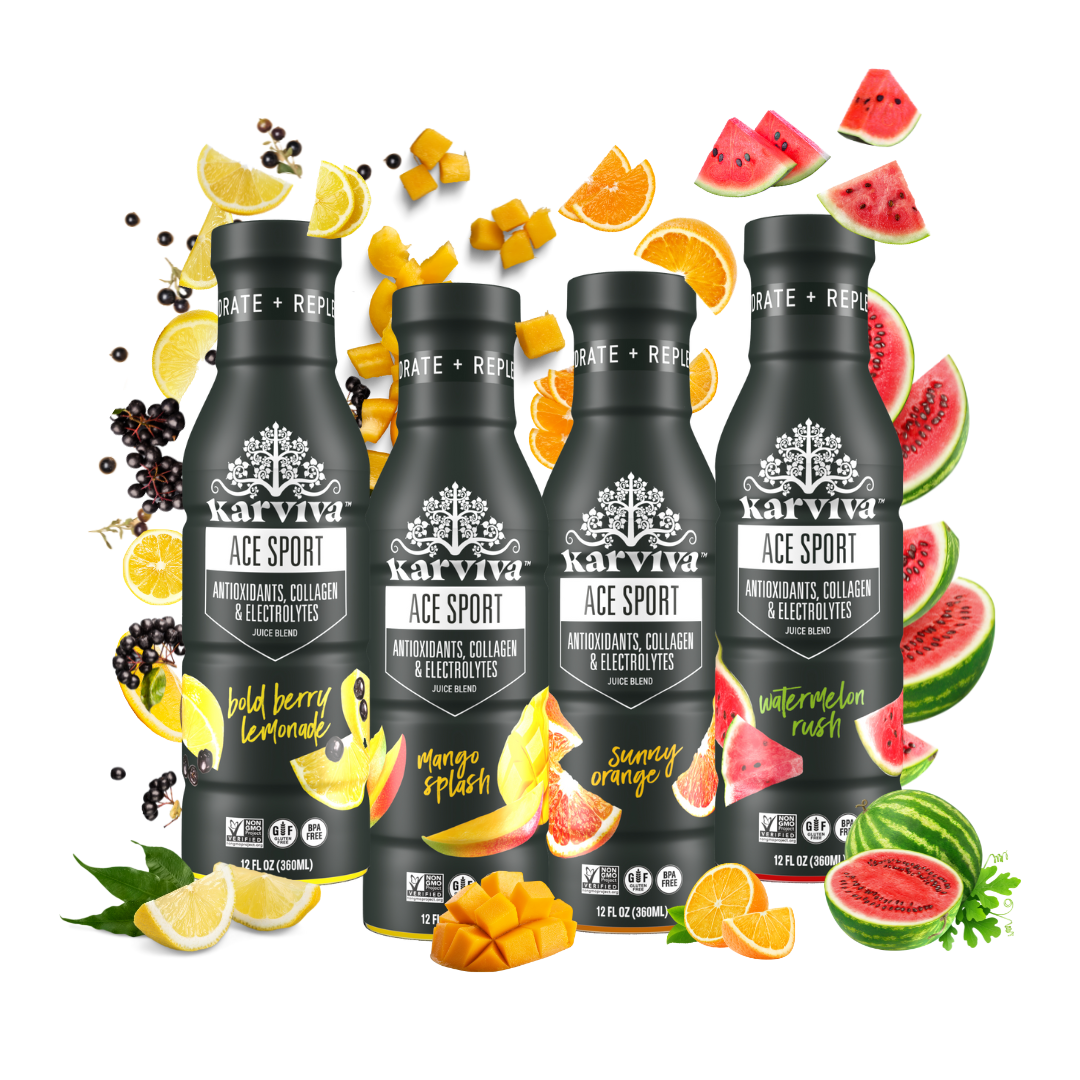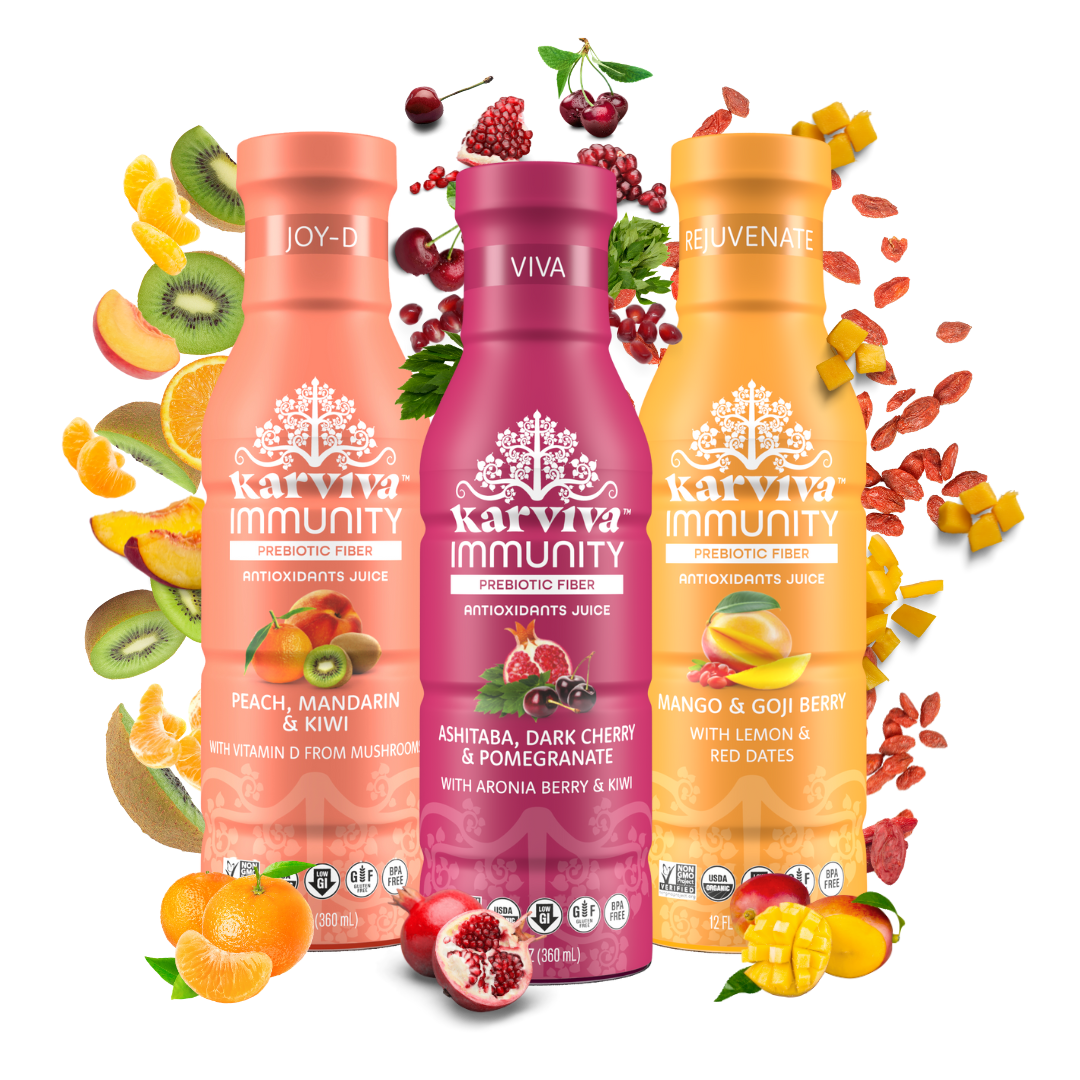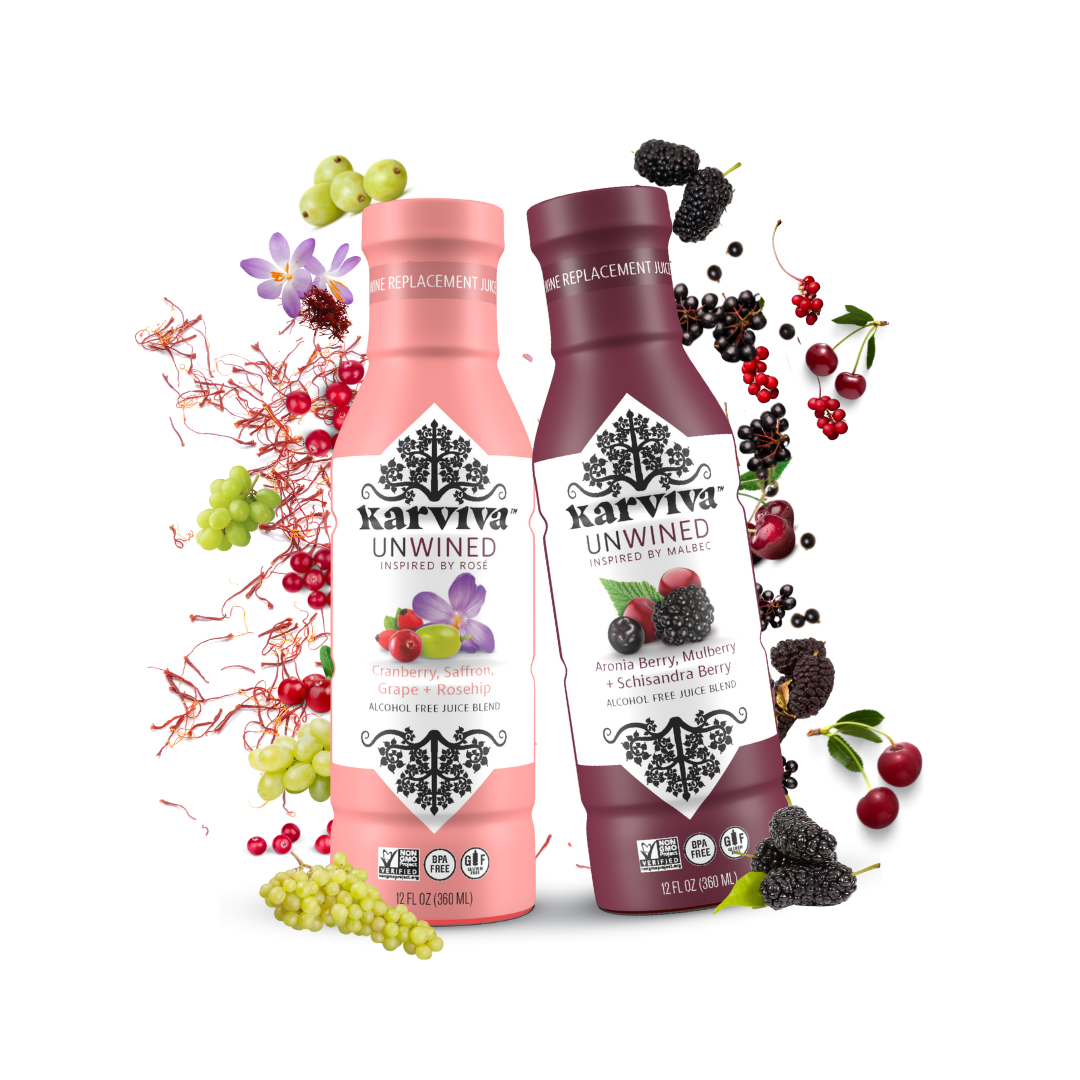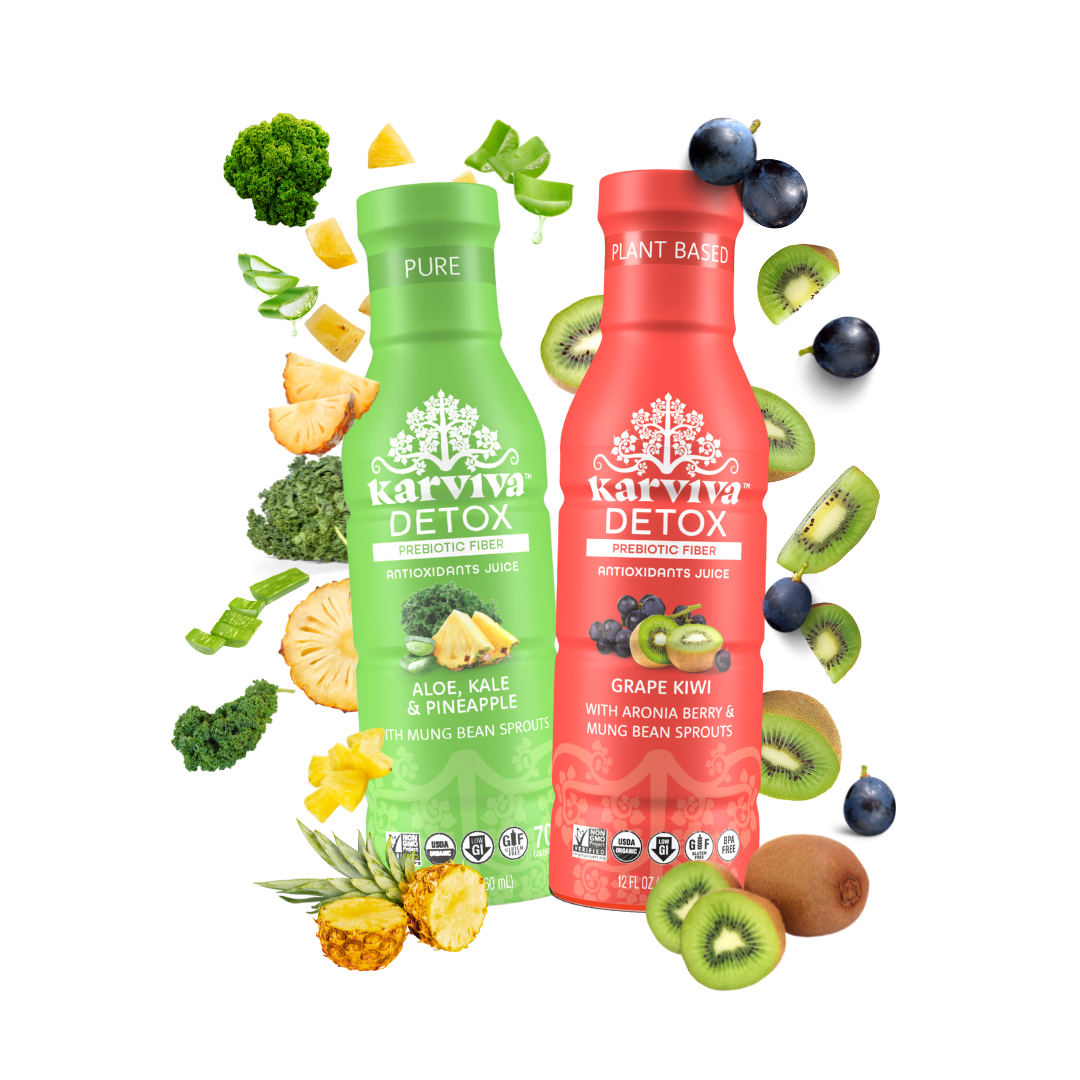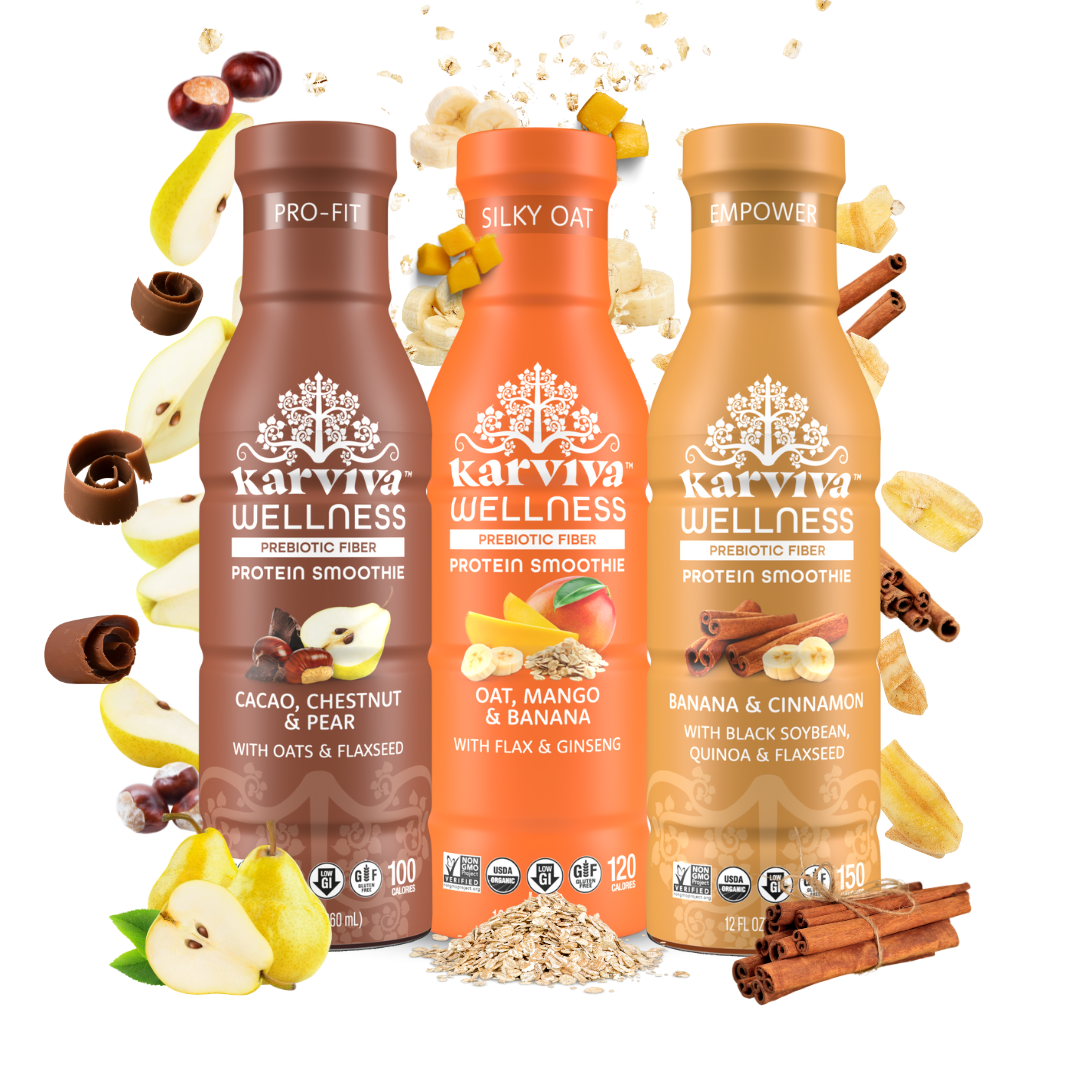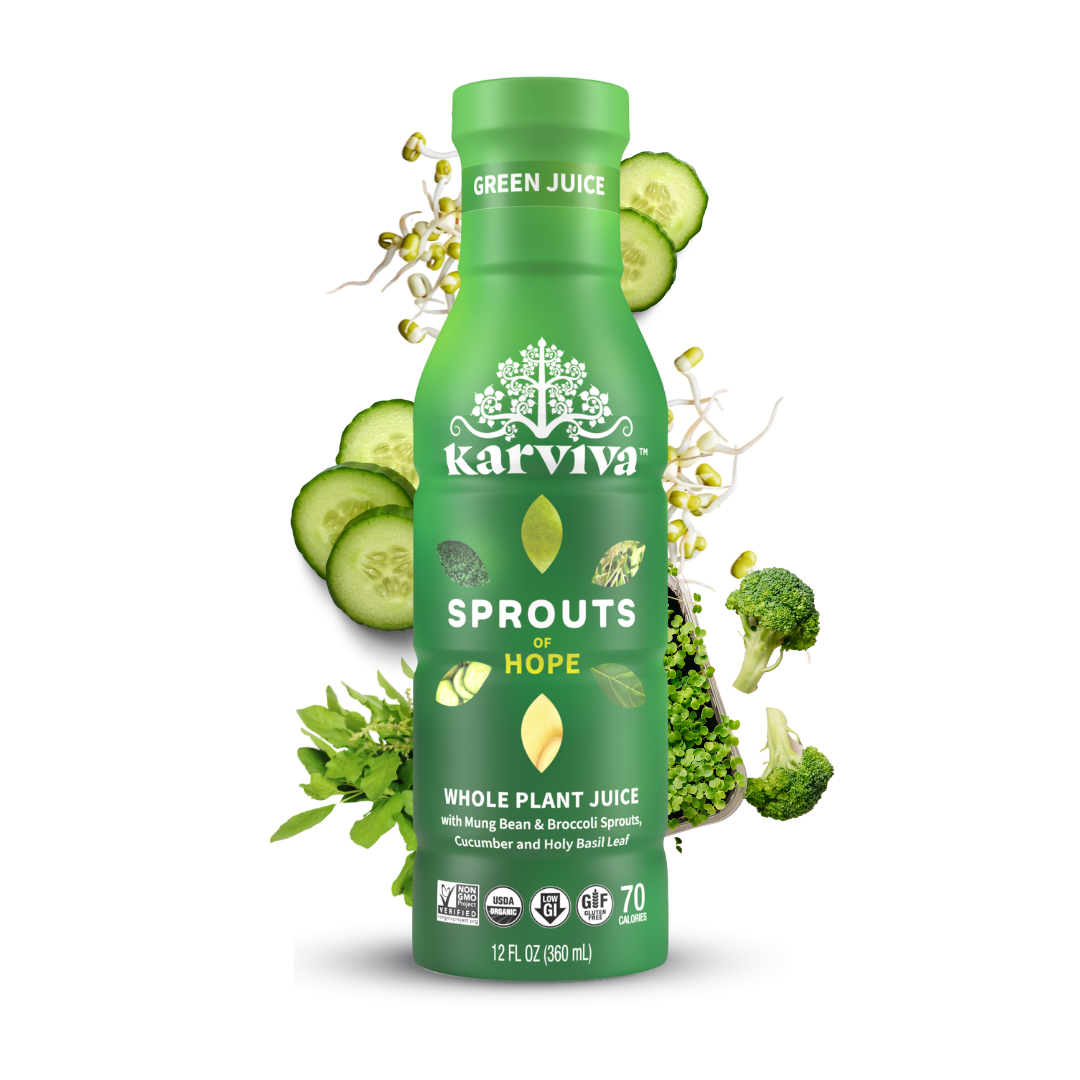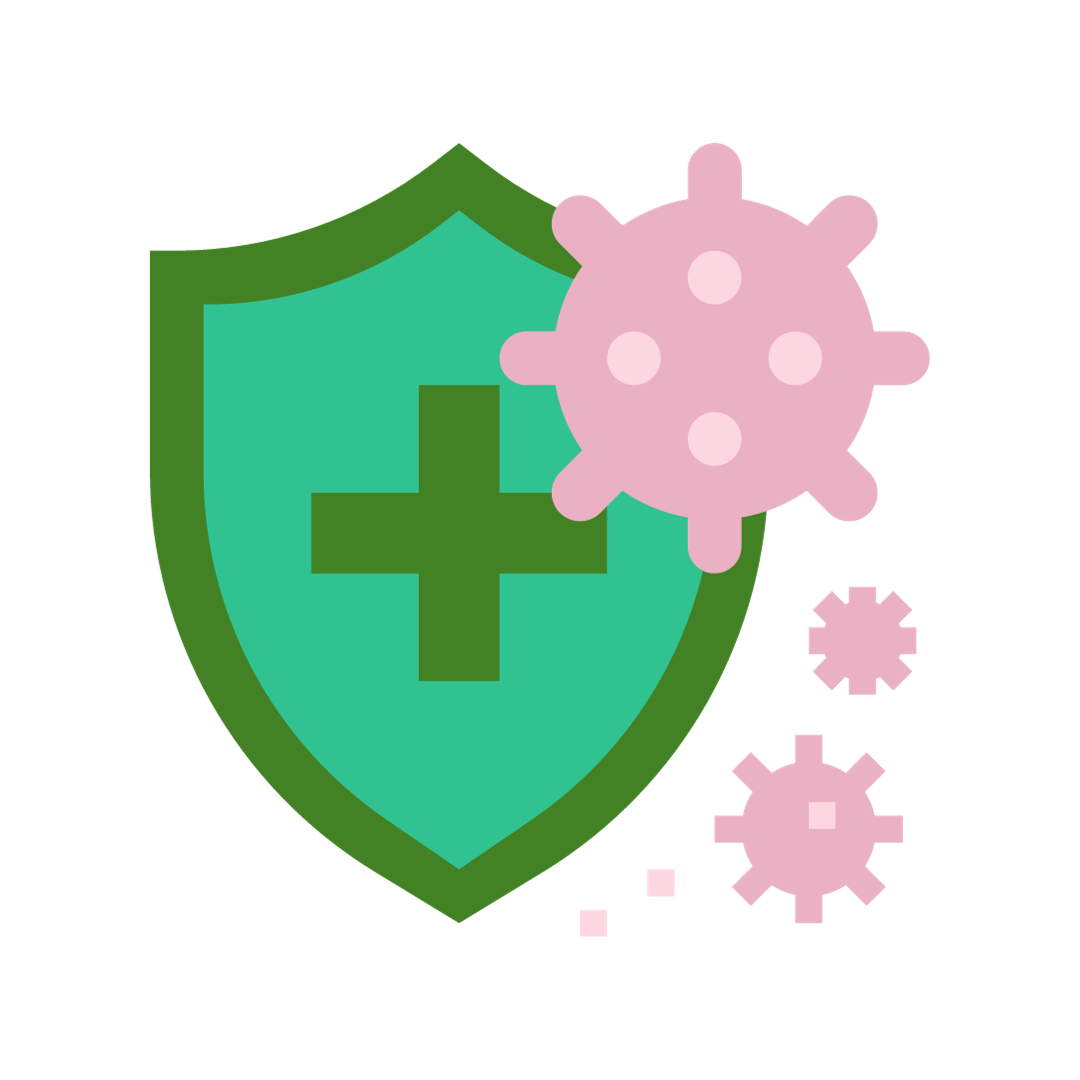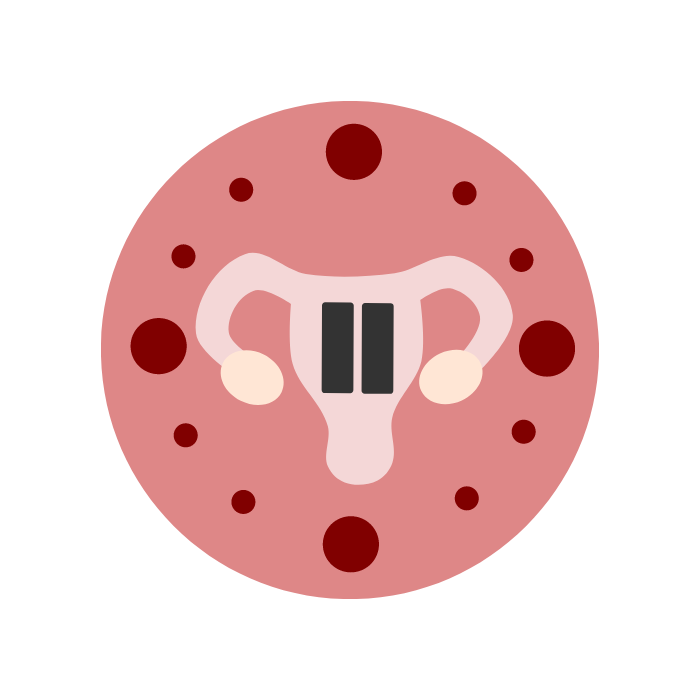
Tips to Survive the Winter Flu Season
The recent outbreak of coronavirus has taken a heavy toll on everyone’s life in China and its impacts quickly spread to the world. While the scientists working quickly on identifying the source and finding the cures, the cousin of this novel virus (at least to human beings), influenza virus is getting more attention too. We can have endless debates over which virus is scarier but one important fact is we know very little about this coronavirus whereas we have learned to live a life with the influenza virus. We have developed vaccines and effective treatments against the flu, however the most effective way for us to survive the flu season is to strengthen our immune system and I call it the method of 3Ws: eat well, sleep well and live well. Below are some tips I would like to share:
Improve Your Diet. Eat Well and Be Well!
Eat freely of the below food:
Fresh fruit — especially those in season which are high in vitamins, minerals and antioxidants
Fresh vegetables, make sure to include a range of varieties such as green, orange, red/purple-colored vegs. If you are too busy to cook, try to have salads and vegie juices daily — be creative!
Unprocessed, wholefoods. Look at your plate with your next meal. How close is your food to its natural state?
Include nutrient-dense foods such as ‘superfoods’ — avocado, berries, beans and whole grains, mushrooms, and antioxidant rich spices such as ginger, turmeric, garlic, and more.
Eat organic food whenever possible — free of pesticide/herbicide chemicals and genetic modification
Keep up your fluid intake of water and low-sugar hydration drinks, and remember to eat food with low glycemic index to keep blood sugar stable and avoid cravings.
Avoid the below food:
Refined sugars and refined carbohydrates and those that are nutrient poor themselves (including high fructose corn syrup & artificial sweeteners commonly used in prepared food today). For more information, please read our blog article Color Coding Carbs
Processed foods especially those containing additives like artificial color, preservatives and MSG.
Limit mucus-forming foods — dairy, wheat and egg white for some.
Avoid foods that you know you are allergic/intolerant to as they can trigger immune system overreaction.
Limit alcohol, especially at the onset of a cold.
Balanced Life with Adequate Amount of Excess and Rest
We all know the importance to stay active and get plenty of sleep: that’s when the body gets recharged and then performs its ‘running repairs’. Both stress and exercise impact on your immune system. Moderate doses of both are fine, but be wary of excess; too much of either can have depressing effects, making you vulnerable to illness.
Then, just one more friendly reminder:
Avoid Exposure to Others Who Are Unwell Whenever Possible
Avoid exposure to others who are unwell whenever possible. However, if you have fallen victim to a cold or influenza, you can avoid passing it on to other family members, friends and associates by:
Avoiding cross-contamination of viral and bacterial infections by sanitizing hands often, avoiding activities such as handling food.
Covering the nose and mouth with tissues when sneezing or coughing and dispose of used tissues hygienically.
Coughing and sneezing into the elbow rather than the hands when there are no tissues close by.

